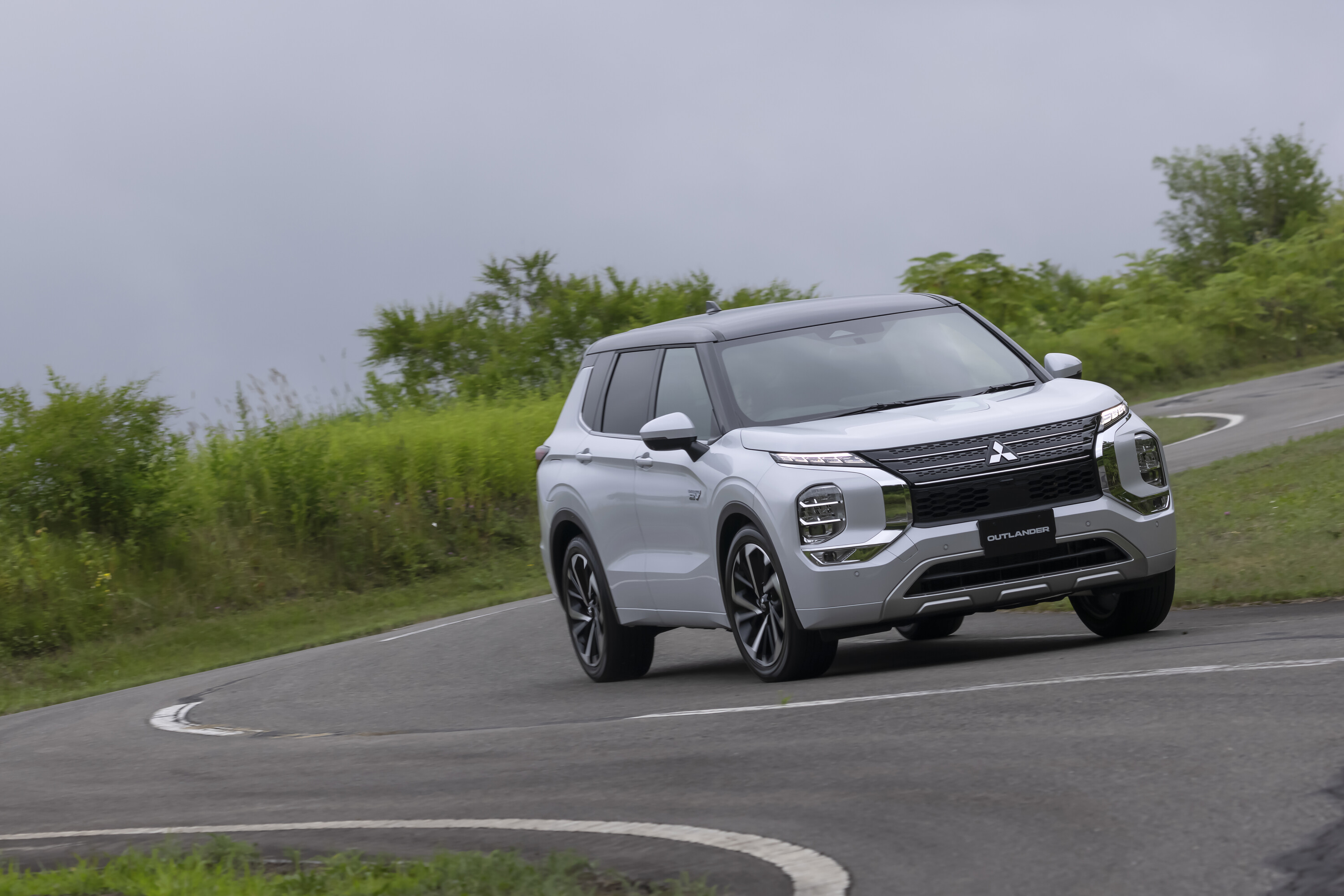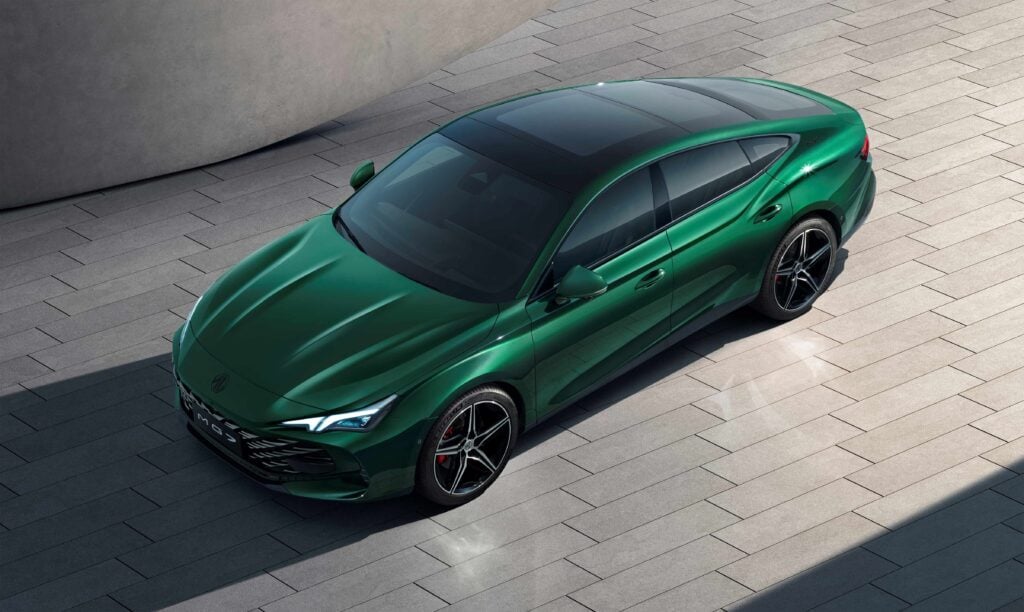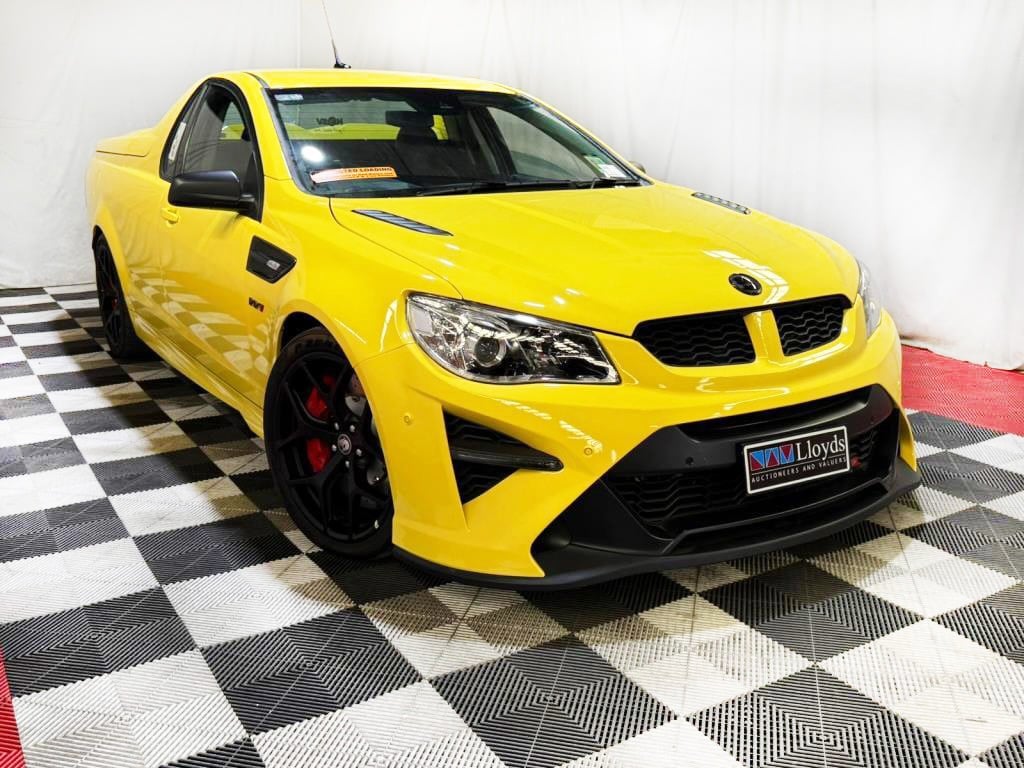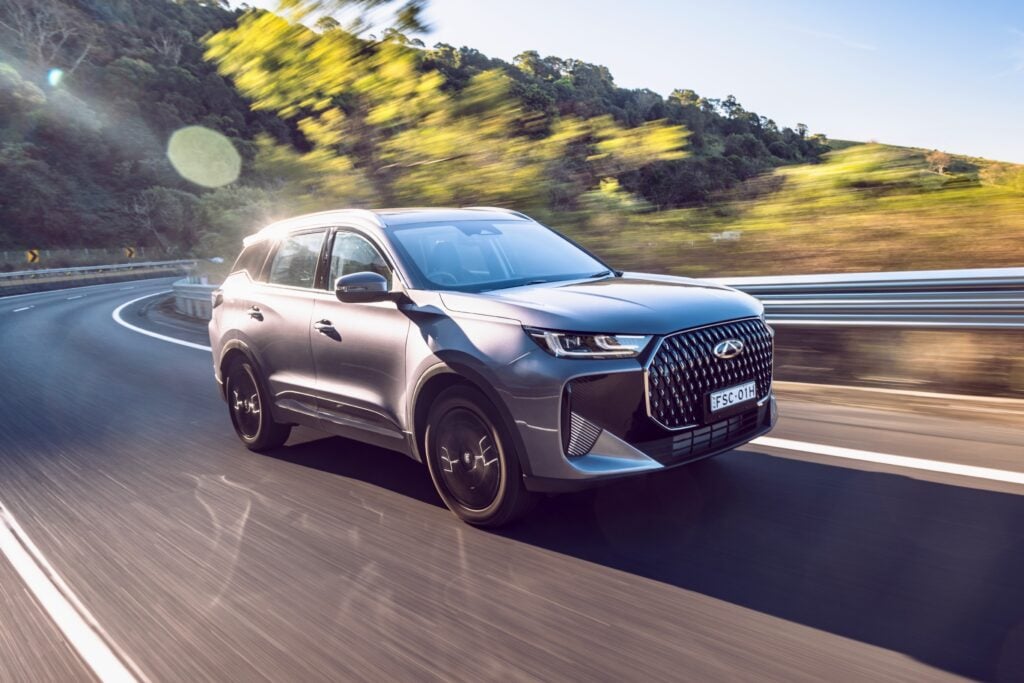Mitsubishi has revealed plans to add conventional hybrid models to its Australian line-up as it looks to expand beyond its existing plug-in hybrid variants.
The move, which was shared with Aussie dealers by Mitsubishi’s global president and CEO Takao Kato, will give the Japanese brand a foothold in the booming hybrid segment which is currently dominated by Toyota.
In a testament to how popular hybrids are becoming, Toyota yesterday announced plans for its passenger car and car-based SUV line-ups to become hybrid only, with versions powered solely by combustion engines to be ditched.
Mitsubishi currently doesn’t offer any conventional ‘self charging’ hybrids in Australia. Instead, its hybrid options are plug-in hybrid electric vehicles (PHEVs) which have larger batteries, drive more like battery electric cars and need to be plugged in regularly to best achieve their efficiency and performance advantages.
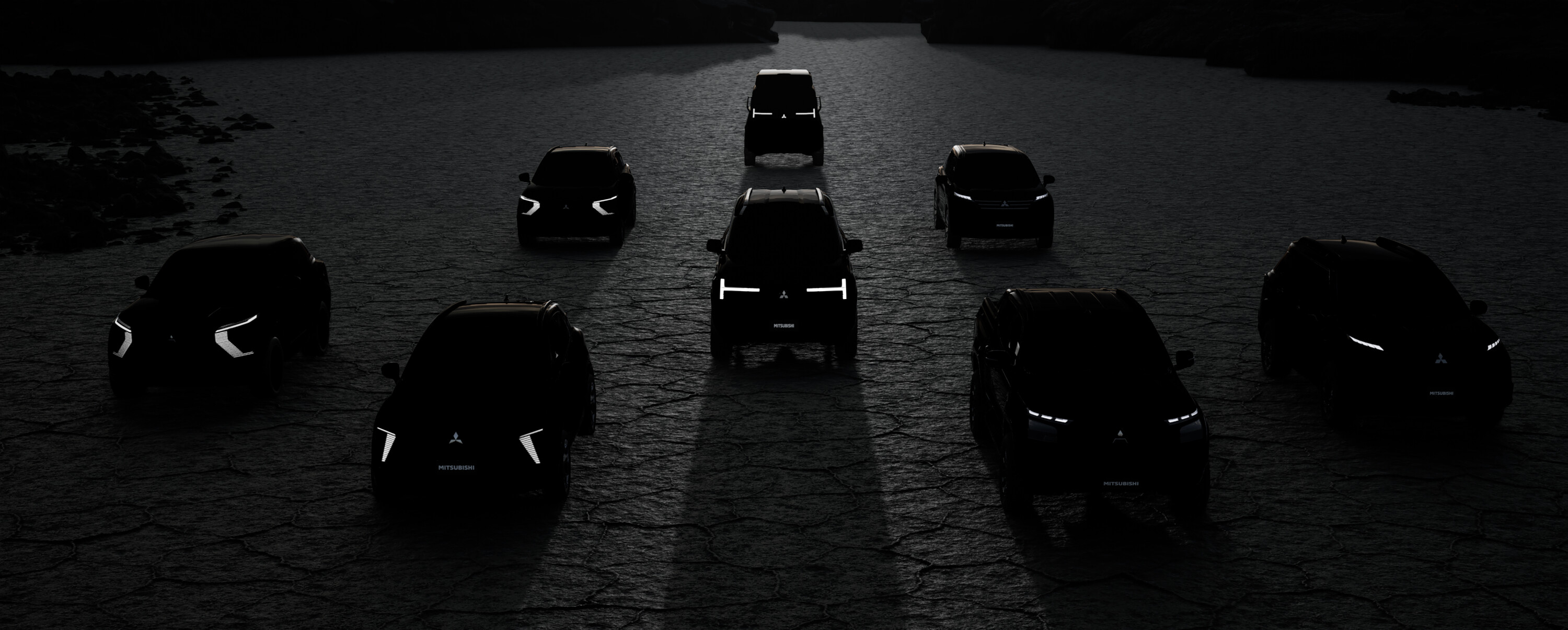
Mitsubishi currently has two PHEV variants in Australia: the mid-size Outlander PHEV SUV and the smaller Eclipse Cross PHEV.
“Australia is a core market for MMC [Mitsubishi Motors Corporation], and it makes an important contribution to our global business,” said Takao Kato. “We will offer not only battery electrics but also plug-in hybrids and hybrids, and introduce appropriate products that will meet the New Vehicle Efficiency Standard (NVES) set by the Australian government.”
The commitment is part of Mitsubishi’s “pathway towards 2030” where it aims to evolve its line-up with more electrified variants and the addition of all-new models, including fresh variants of the new-generation Triton.
Other new additions to the Aussie line-up are likely to be the next-generation Delica people mover and a fresh large SUV, potentially the next Pajero Sport.
It’s unlikely Mitsubishi will offer hybrid versions of its current models, with the new powertrain tech tipped to be introduced with new-generation cars like the next ASX.
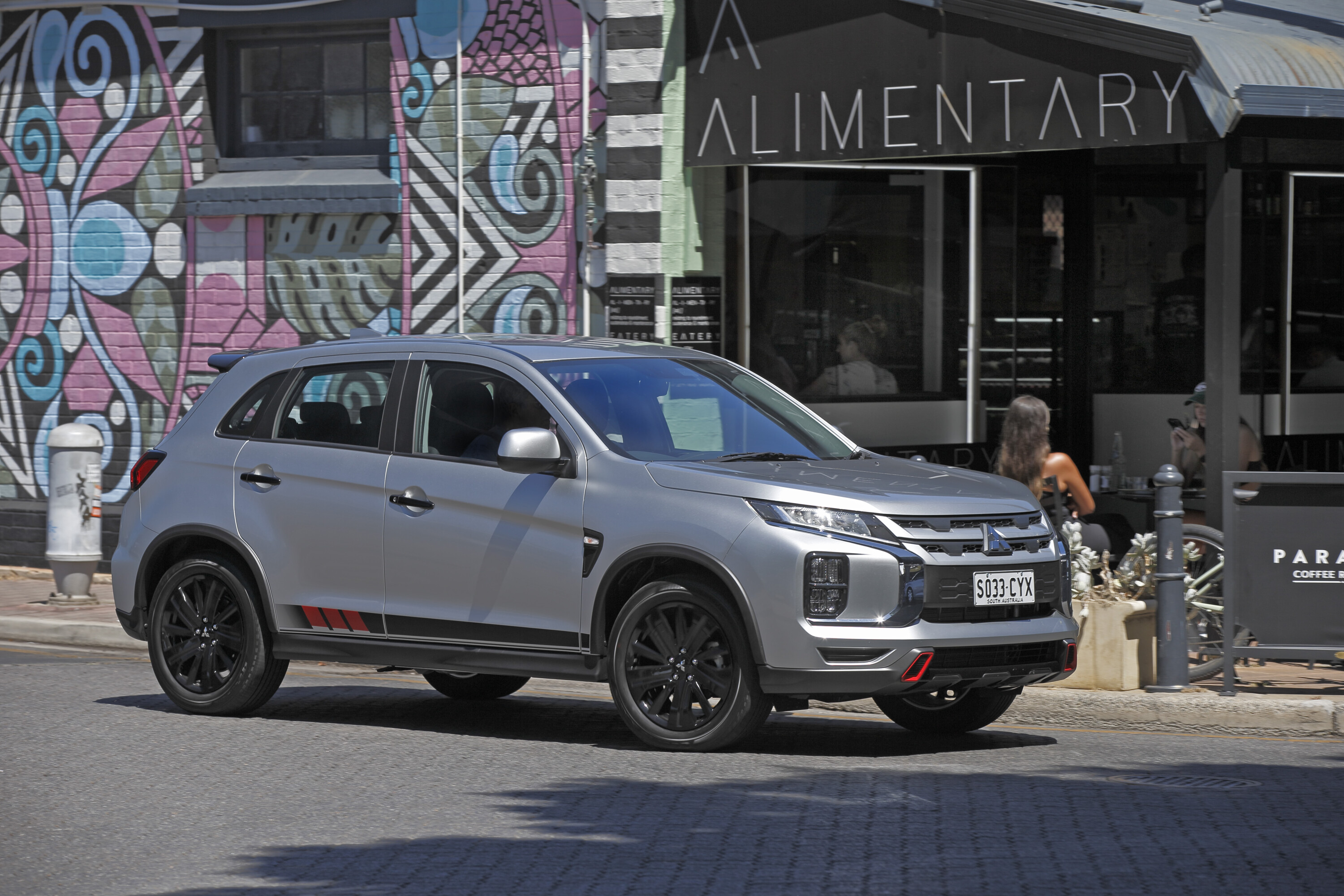
It’s also possible Mitsubishi will lean heavily on its role in the Renault/Nissan alliance to source the hybrid powertrains for future models.
In Europe, for example, Mitsubishi sells hybrid versions of the ASX based on the Renault Captur.
In Thailand and other south-east Asian markets, Mitsubishi also recently introduced hybrid versions of the Xpander and Xpander Cross MPVs which use a self-charging set-up based on a modified version of the company’s existing PHEV technology.


